Covid: Firms urge PM for clarity on restrictions over Christmas
- Published
- comments
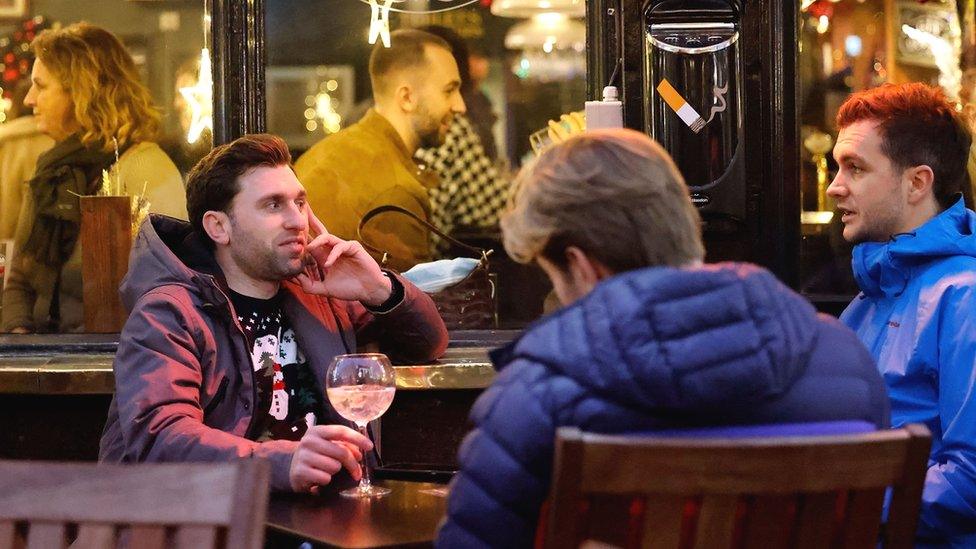
Hospitality and entertainment firms are calling for a clear decision from the government on whether there will be further Covid restrictions in England in the coming days.
Boris Johnson did not announce any new measures on Monday, but said data was being reviewed "hour by hour".
Labour's London mayor Sadiq Khan warned time was running out.
The chancellor met business leaders who want financial support on Monday evening, minister Stephen Barclay said.
He said the government would "say more" about these discussions later and also urged people to have a "cautious" Christmas.
Meanwhile, the health secretary is understood to want people with Covid to isolate for seven days, instead of 10.
Sajid Javid is thought to be in favour of doing this - if clinical advice supports the change - to help ease potential staff shortages across the NHS and other organisations.
With just four days until Christmas, people are looking forward to spending time with loved ones after many missed out last year, when restrictions were brought in just before Christmas.
BBC political correspondent Damian Grammaticas said it now seemed unlikely that new restrictions could be enacted in England before Christmas.
But hospitality and entertainment businesses face critical decisions in the coming hours about whether to cancel events over the holiday period, he added.
Sir Jeremy Farrar, a former member of the Scientific Advisory Group for Emergencies (Sage), told BBC Radio 4's Today programme this was the most "difficult and uncertain time" since March 2020.
Omicron's transmission was "eye-wateringly high", he said, adding that the variant's rapid spread was driving its impact more than its severity.
Amid ongoing uncertainty about the severity of Omicron, he said it was reasonable to pause for 24 to 36 hours until that data emerges.
But he said if hospitalisations were rising at that stage, the government would have to act - perhaps with more draconian measures than if they had acted a few days ago.
A government spokesperson said they would continue to support businesses into spring and in the meantime people were being advised to exercise caution, follow plan B guidance and get their booster jabs.
The UK's sharp rise in UK cases is already affecting events across the country:
The New Year's Eve celebration in London's Trafalgar Square for 6,500 key workers and members of the public is cancelled for "public safety"
The Queen calls off her traditional festive stay at Sandringham and will stay at Windsor
London's Natural History Museum and Edinburgh Castle temporarily close due to coronavirus-related staff shortages
Almost half of London's major theatres cancel performances this weekend including Hamilton, Wicked and The Lion King
Premier League and English Football League clubs will fulfil their festive fixtures despite disruption as players test positive.
Former government chief scientific adviser Sir Mark Walport warned that the true number of daily Covid infections was more likely to be between 300,000 and 400,000, as only about a third of cases were being identified.
He told BBC Breakfast delaying any decision on restrictions was "potentially very problematic" as rising cases meant some hospitalisations and deaths were already "baked into the system".
In London - which is ahead of the curve on Omicron cases - hospitalisations have risen by about a third in a week, he said.
London hospital group Barts Health Trust has already written to doctors warning they may have to cancel "some or much" of their planned operations in January to cope with the incoming Covid surge.
Boris Johnson: "We will have to reserve the possibility of taking further action"
After a two-hour cabinet meeting on Monday, the prime minister said the government was "looking at all kinds of things" to curb Omicron and "ruled nothing out".
There were still some things "we need to be clearer about before we decide to go further", he added.
Ministers have argued that more information about the new variant is needed to justify the economic impact of any restrictions.
Leader of the House of Commons Jacob Rees-Mogg said that instead of imposing restrictions, the government should trust people to make the right decisions to protect their families, reports the Times, external.
Last Christmas, large parts of south-east England were banned from mixing with other households, while for the rest of England, Scotland and Wales, people were only allowed to mix indoors on Christmas Day.
The World Health Organization (WHO) has urged people to cancel some of their holiday plans as the Omicron variant spreads globally.
"An event cancelled is better than a life cancelled," said WHO head Dr Tedros Adhanom Ghebreyesus.
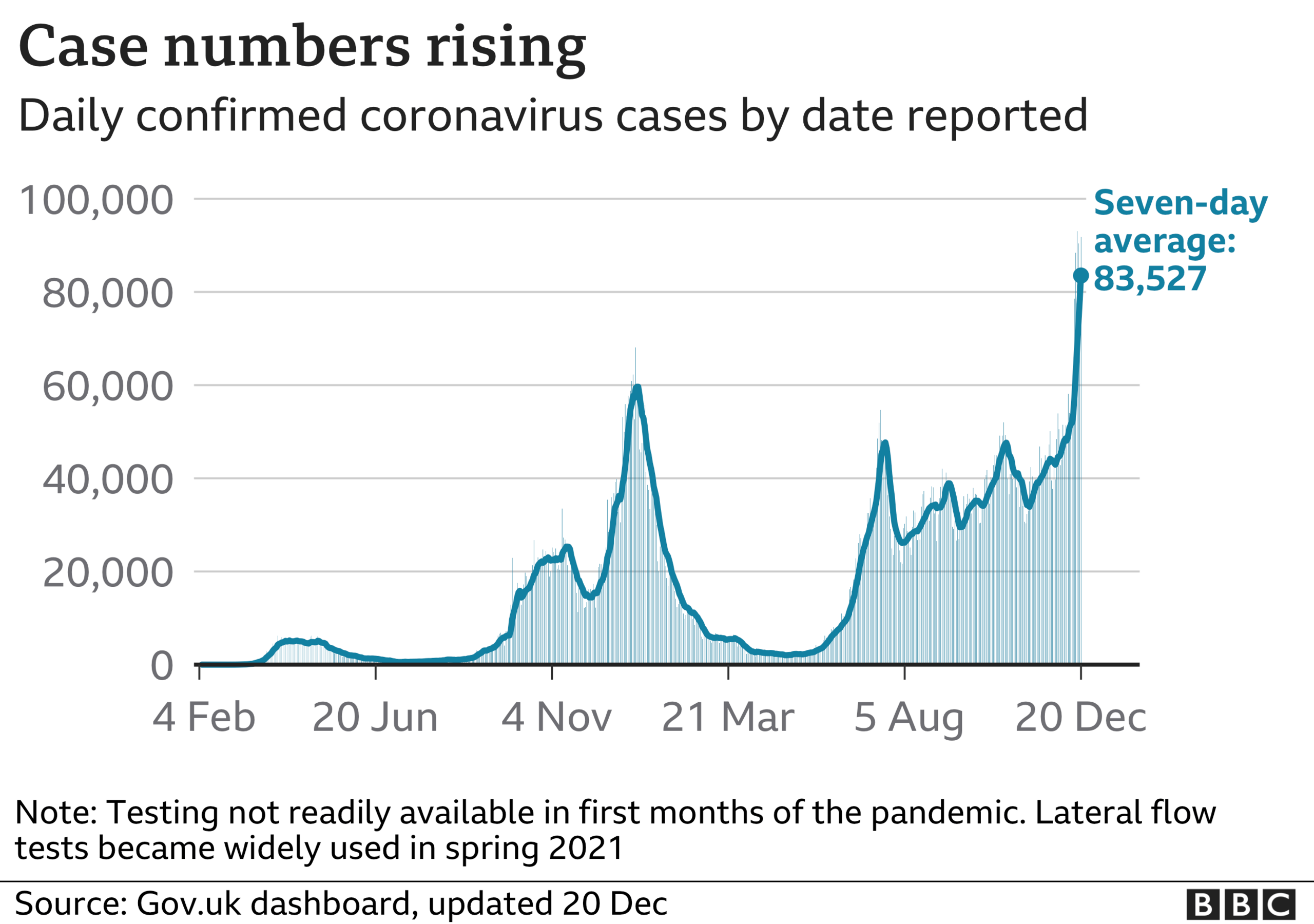
On Monday, a further 91,743 Covid cases were reported across the UK - the second highest daily total on record.
High cases mean many people are off work and self-isolating - while others have cancelled bookings or events to try to avoid becoming infected in the run-up to Christmas, hitting businesses hard.
Kate Nicholls, chief executive of UK Hospitality which represents more than 700 bars, hotels and leisure venues, said some had lost about half of their usual December trade.
She said businesses were now "in limbo" and needed notice of any changes looked at next week ahead of the New Year.
Labour has called for the government to publish its contingency plan to deal with Covid-related staff shortages in essential services.
The party's deputy leader Angela Rayner said "dithering and delay" had caused disruption throughout the pandemic, and Liberal Democrat leader Sir Ed Davey said the PM was giving chaos and confusion when clarity and reassurance was needed.
Without early interventions the UK would see a wave of infections over the next few months, according to Sage scientist Prof Andrew Hayward, which could lead to staffing problems becoming "much, much more severe" and make essential services "difficult to manage".
Nicola Sturgeon says she wants "people to have clarity about what we are expecting of them" ahead of Christmas Day
The UK's devolved nations have been setting their own Covid guidelines ahead of Christmas.
In Scotland, people have been advised to reduce their contacts as much as possible, but have not been asked to cancel Christmas plans. First Minister Nicola Sturgeon said this advice would not change
In Wales, spectators will be banned from all sports events from 26 December and ministers will meet later to discuss post-Christmas hospitality restrictions
In Northern Ireland, the executive will meet on Wednesday to discuss current restrictions, which include a limit of 30 people from different households mixing in homes.
Leaked notes from Sage suggest that, without intervention beyond current Plan B rules in England, hospital admissions could reach 3,000 a day.
And the BBC has been told that civil servants have produced three options for future Covid measures, ranging in severity from low to medium and high.

EVERYTHING THAT IS YOURS WAS ONCE HERS: A new home with a dark history
STIEG LARSSON'S MILLENNIUM: An investigative journalist is drawn into an endlessly dark world


Would you or your business be affected by any potential new restrictions? How have your plans changed due to the Omicron coronavirus variant? Email haveyoursay@bbc.co.uk, external.
Please include a contact number if you are willing to speak to a BBC journalist. You can also contact us in the following ways:
WhatsApp: +44 7756 165803
Tweet: @BBC_HaveYourSay, external
Please read our terms & conditions and privacy policy
Or use this form to get in touch:
If you are reading this page and can't see the form you will need to visit the mobile version of the BBC website to submit your comment or send it via email to HaveYourSay@bbc.co.uk, external. Please include your name, age and location with any comment you send in.

Related topics
- Published5 July 2023

- Published20 December 2021
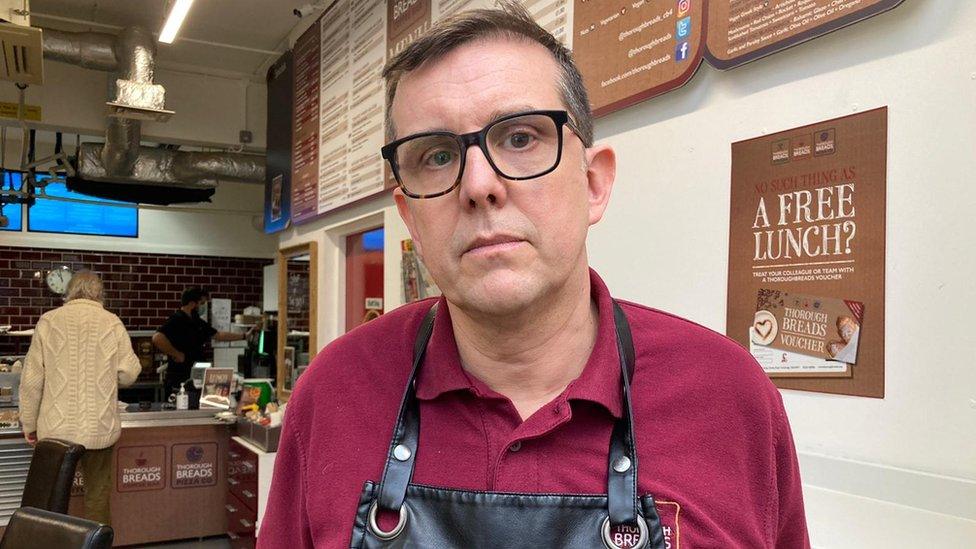
- Published20 December 2021
- Published25 January 2022
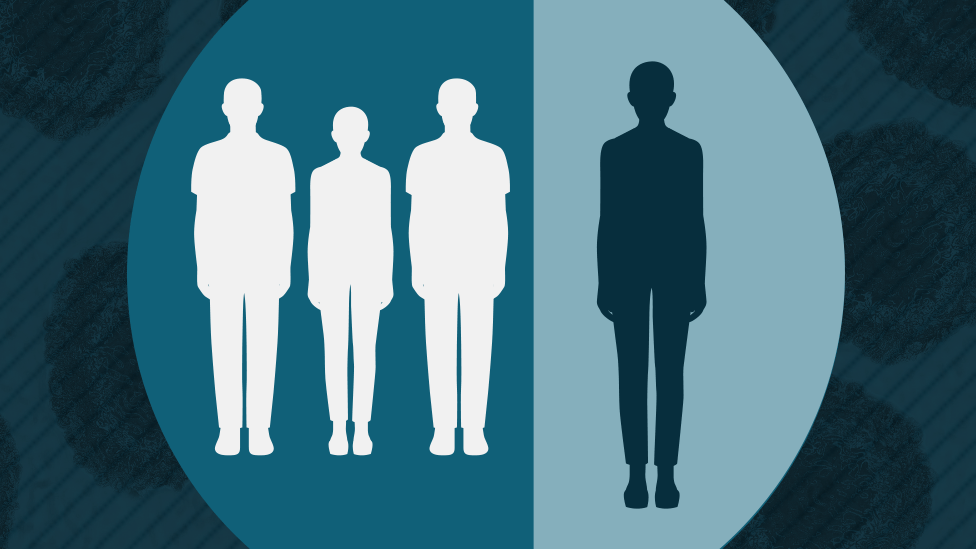
- Published20 December 2021
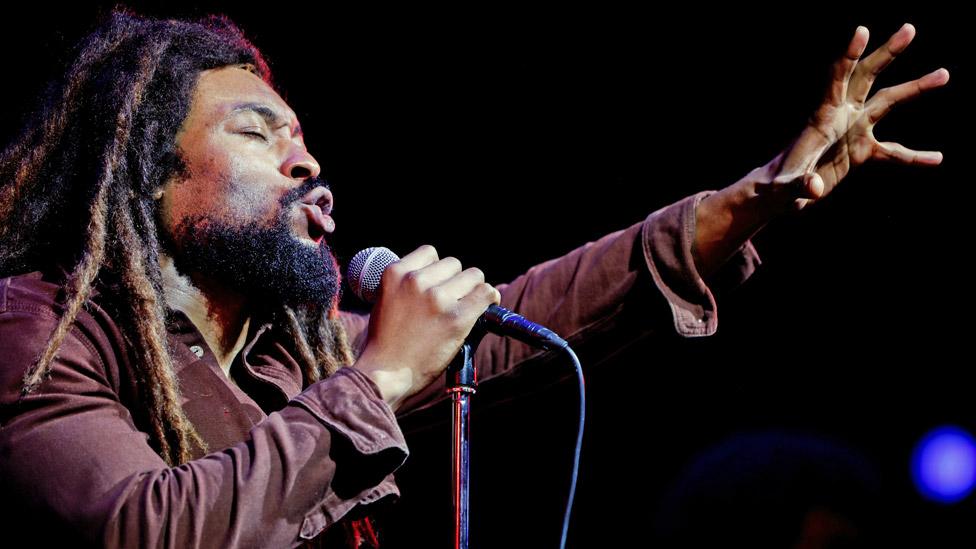
- Published20 December 2021
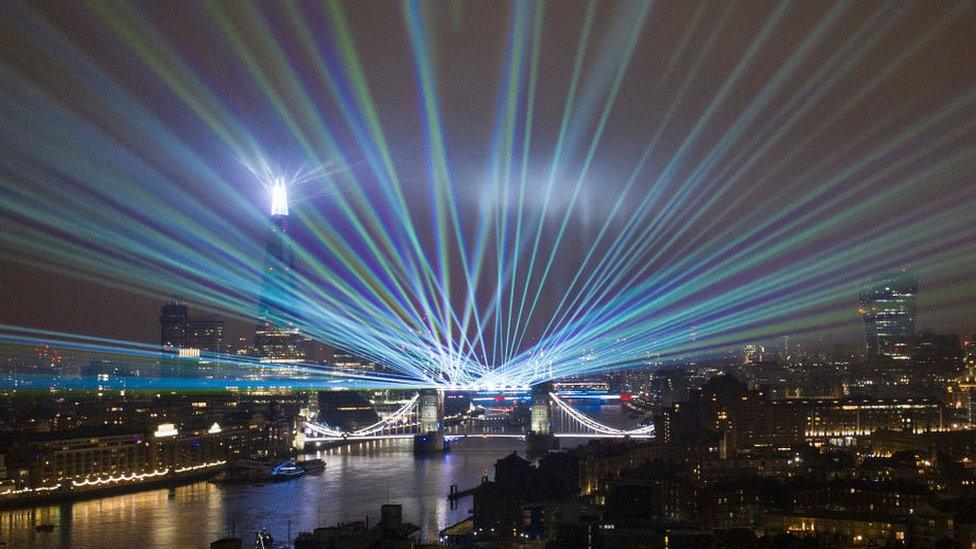
- Published20 December 2021
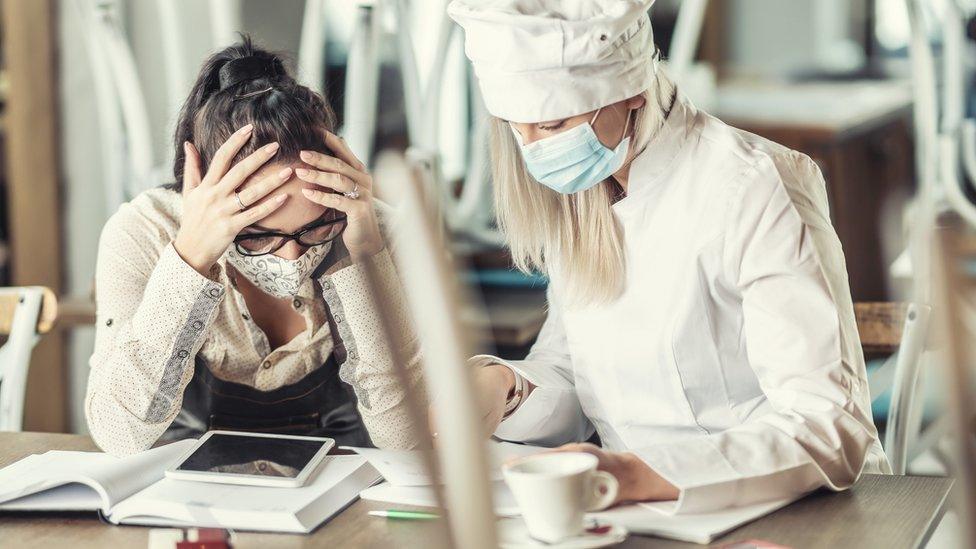
- Published1 July 2022
